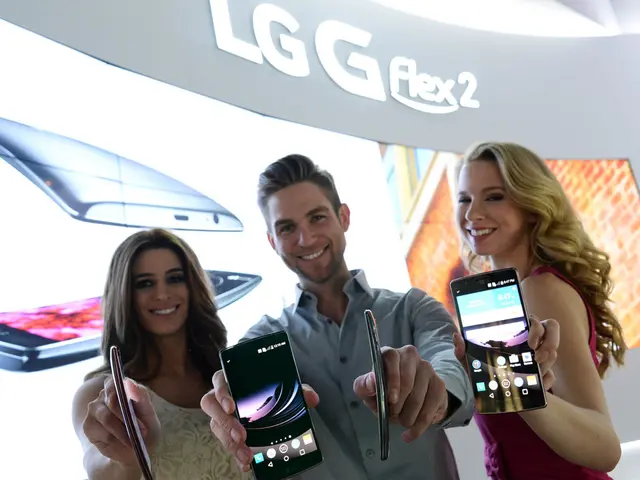Rideshare giant Uber fails to overturn court ruling on tax liability towards competitor apps in UK
Uber Faces VAT Charge While Rivals Escape in UK Ride-Hailing Market
In a recent turn of events, the Supreme Court of the United Kingdom has ruled that ride-hailing service Uber must charge Value Added Tax (VAT) on its services in England and Wales, while its competitors such as Delta Taxis and Veezu are exempt.
The decision, announced on July 29, 2025, stems from Uber's direct contract with passengers, which makes its ride services subject to VAT obligations. Specifically, Uber is required to charge a 20% VAT on fares. In contrast, rival operators do not have direct contracts with passengers, allowing them to operate via intermediaries or different contractual arrangements, thereby exempting them from charging VAT on their rides outside London.
This ruling creates a disparity in VAT treatment between Uber and its competitors, potentially providing a competitive advantage to the latter who do not need to add VAT costs on their prices. The Court emphasized the importance of legal distinctions in contractual frameworks and compliance with tax laws, significantly impacting the regulatory and competitive landscapes in the UK ride-hailing market.
The ruling applies to private-hire operators in England and Wales outside London, as London has a different regulatory regime where Uber does charge VAT. Bolt, another ride-hailing and food delivery startup, has also been impacted by this ruling, as it is only liable for VAT on its margin, rather than the full cost of the trip.
The Supreme Court's decision overturns a previous High Court ruling in Uber's favor from last year, which stated that private-hire taxi operators enter into a contract with passengers. The decision was challenged by private hire operators Delta Taxis and platform Veezu, and Uber itself had also appealed the ruling, but both appeals were dismissed by the Supreme Court.
Interestingly, the ruling was initially prompted by a 2021 decision by the United Kingdom's Supreme Court that classified Uber's drivers as workers. This decision had an impact on Uber's tax and other obligations. HMRC, Britain's tax authority, has been granted permission to challenge the ruling that Bolt is only liable for VAT on its margin at the Court of Appeal.
In summary, the Supreme Court's ruling clarifies the UK ride-hailing sector's tax obligations but also underscores the complexity and regulatory nuance across different operators. Uber remains liable to charge VAT due to its contractual relationships with passengers, while its competitors outside London are exempt following the Supreme Court’s 2025 ruling.
- In the UK's ride-hailing market, this ruling has potential implications for the finance sector, as it may influence the pricing strategies of businesses like Uber due to the added VAT costs.
- The significance of this decision extends beyond the ride-hailing industry and into the realm of technology, as it highlights the role of technology in shaping business models and tax obligations.




